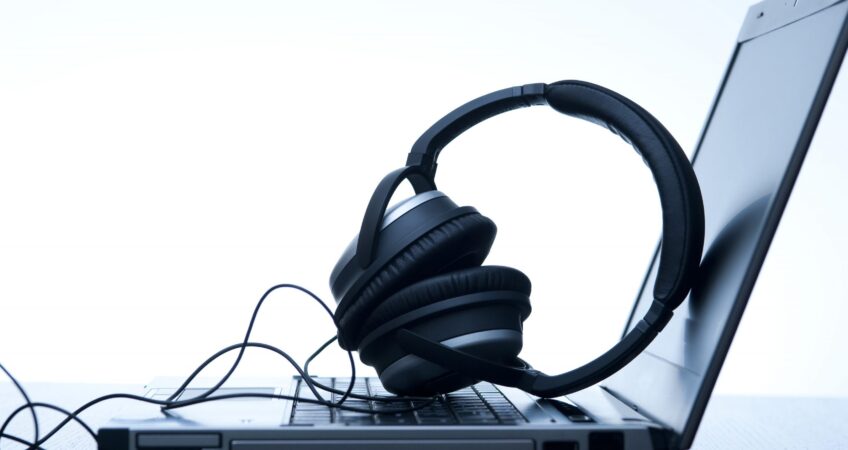A Change Is Gonna Come….

In the immortal words of the great Sam Cooke, “A Change Is Gonna Come”, and some would argue it’s already here. What I’m referring to is the current state of the music industry. Last week in New York was the New Music Seminar, and while I didn’t go myself, I was able to follow alot of the conversation via multiple twitter feeds, articles and blogs such as HypeBot, Digital Music News and MicControl. There was alot of buzz about various subjects but I think there were a few major take-aways that I’d like to bring up.
First off, the music industry is hurting. Consumers are buying music in the same volume as they were in 1967. Record companies are scrambling to stop the ship from sinking, and in this scramble they are trying to figure out what the next successful music business model is going to be, but they are confused because the numbers send different messages. For example, Lady Gaga’s “The Fame” sold 2.2 million albums in ’09, and most of these were digital sales, while Susan Boyle’s “I Dreamed A Dream” sold 3.1 million albums, mostly physical copies of the album. And while the argument as to why Susan Boyle sold so many physical copies of the album was “because of the emotional connection they had with Susan Boyle’s experience”, I personally think that the disparity was more generational, in that Susan Boyle appeals to an older crowd who are generally not as comfortable with purchasing digitally, whether through iTunes or Amazon, as their younger counterparts who are very comfy with the non tangible digital music purchase. It’s data like this makes the labels scratch their heads and wonder who and how they need to market, and to whom.
Another major theme of the seminar was the direct to fan business model that artists have been adopting at a much faster rate the past few years, which virtually removes the control and financial claim of a record label and hands it back to the artist. With the proliferation of such great tools as BandCamp, Nimbit and even digital distributors such as The Orchard or TuneCore, artists can sell direct to their fans without sacrificing too much to a record label. Essentially artists become their own record labels and they only sacrifice the costs of distribution through their choice of channel (between 15% – 30%). Many would argue that this is all fine and great but that without a record label, you wouldn’t be able to market and sell your music to the masses. While that may be historically true, the stranglehold that the labels have had on artists is definitely loosening. An inspirational example to anyone trying to strike out on their own and build a fan base and ultimately a business around their music is the story of Amanda Palmer. She was the vocalist for “The Dresden Dolls” who after fighting to be freed from her contract with her previous label, released her own music directly to fans via her BandCamp site. Last week she released her latest recording and sold $15,000 in music and merchandise in 3 minutes. None of which she has to share with a record label. If I was a label, I’d be scared.
The third and final takeaway I got from what I read was the concept that there has been a shift going on with listeners and fans of music and at the heart of their musical experience is a desire for an emotional connection to their artists, above and beyond the music itself, and this connection is in the form of fan engagement. Fans that feel connected are loyal, and will sell you to their friends and their social circles. It’s a process of building a relationship with a group of people that artists, especially new or up and coming artists, cannot take for granted or ignore. In this day and age where social networks are sprouting like spring time daisies, you need to be on the ball creating a presence on alot of them and engaging fans and listeners through them regularly. I speak from experience on this, being that over the past 3 weeks I have put my band Zed, on about 10 newer networks, all serving similar and different purposes. This is in addition to our already existing Facebook, Myspace and Twitter accounts. This engagement in combination with our experiments with offering fans something for free (music) across our various networks has returned positive measurable results in the form of more new fan engagement, interest in our music and ultimately more sales, proving the idea that fans want engagement, and free shit! 20 years ago this wouldn’t have been possible in such a short amount of time or on such a global scale. My band is extremely small time but we’ve been able to sell music and merch to fans on 4 continents, all on our own. And what a glorious feeling it is to know that some guy in Brazil, or Australia or the UK is sporting our shirt and listening to our tunes. It doesn’t get any better than that.
In the end, the most important concepts that I think we as artists need to cling to is that our art needs to be genuine and good first and foremost. This in combination with all of the above should at least help to begin to put you on another level musically. it’s not going to do it by itself and there is no guarantee or formula for success, but alot of hard work and originality can go a long way. Indeed a change is gonna come.
Many thanks to MicControl, Digital Music News and HypeBot for the stats and numbers used in this post!



